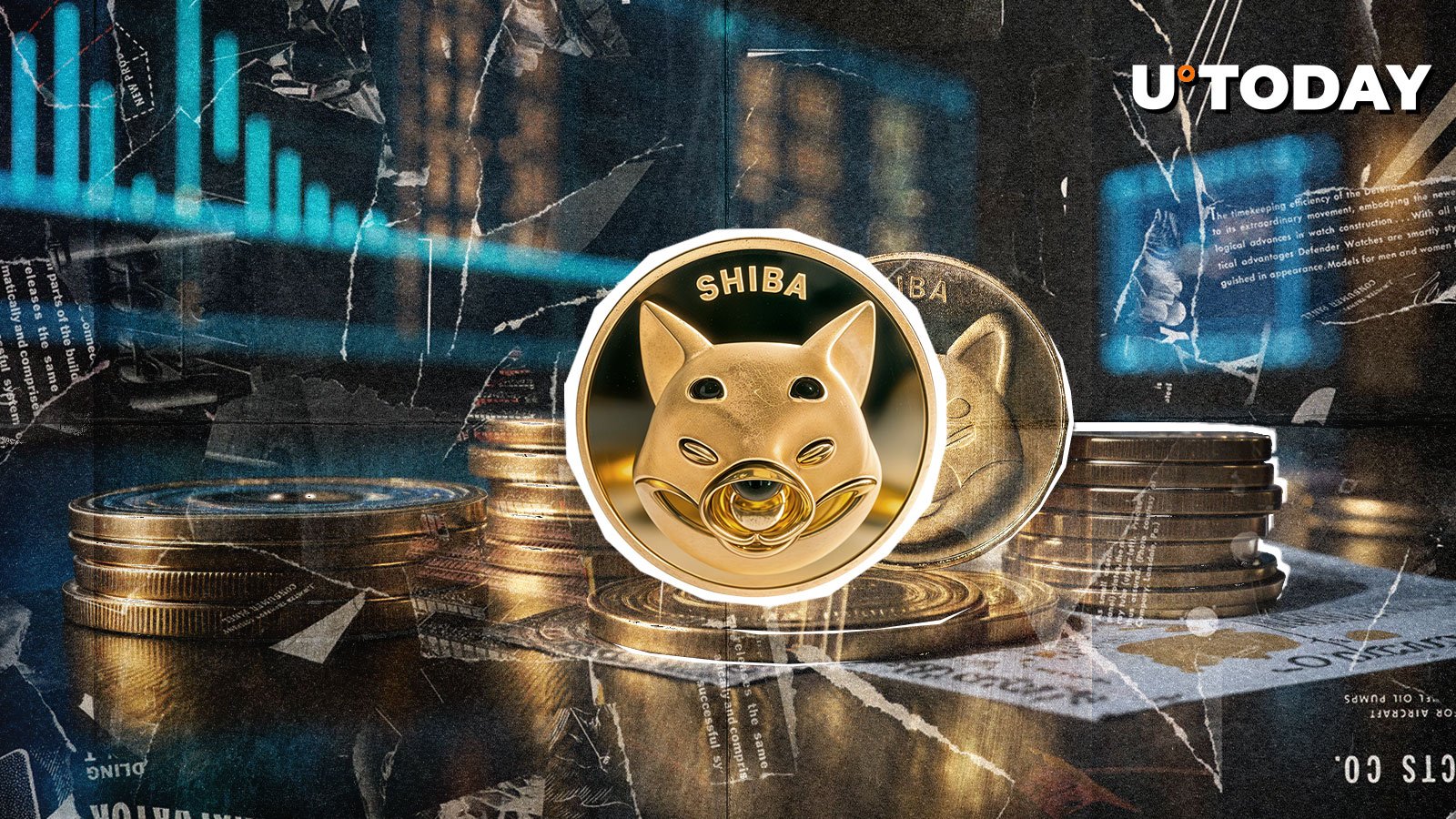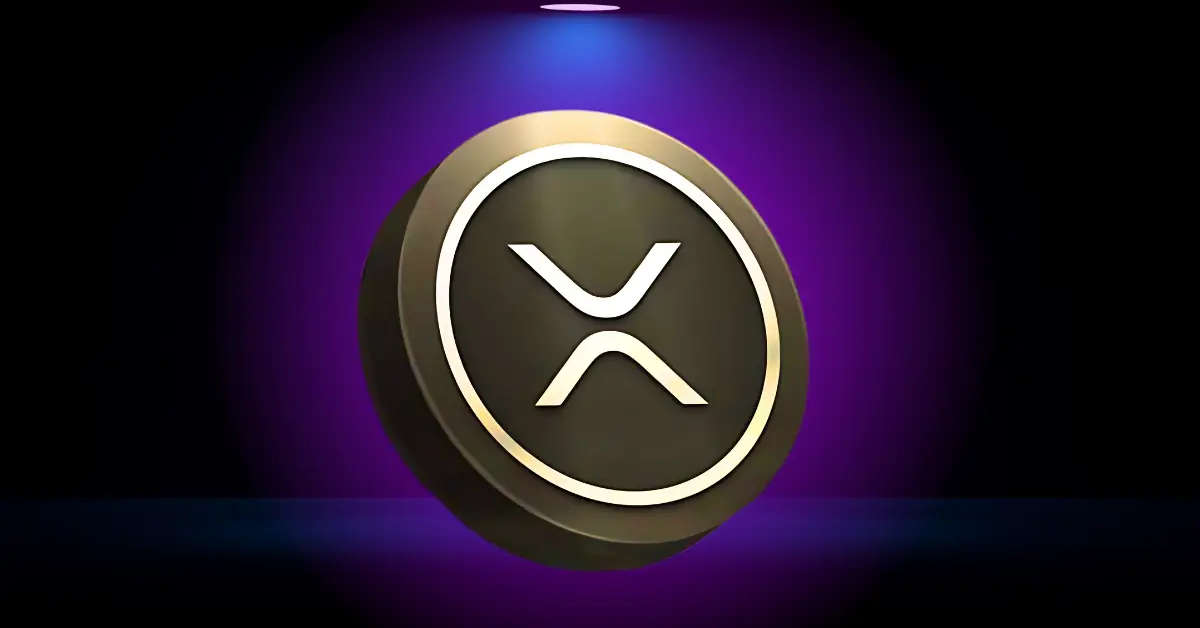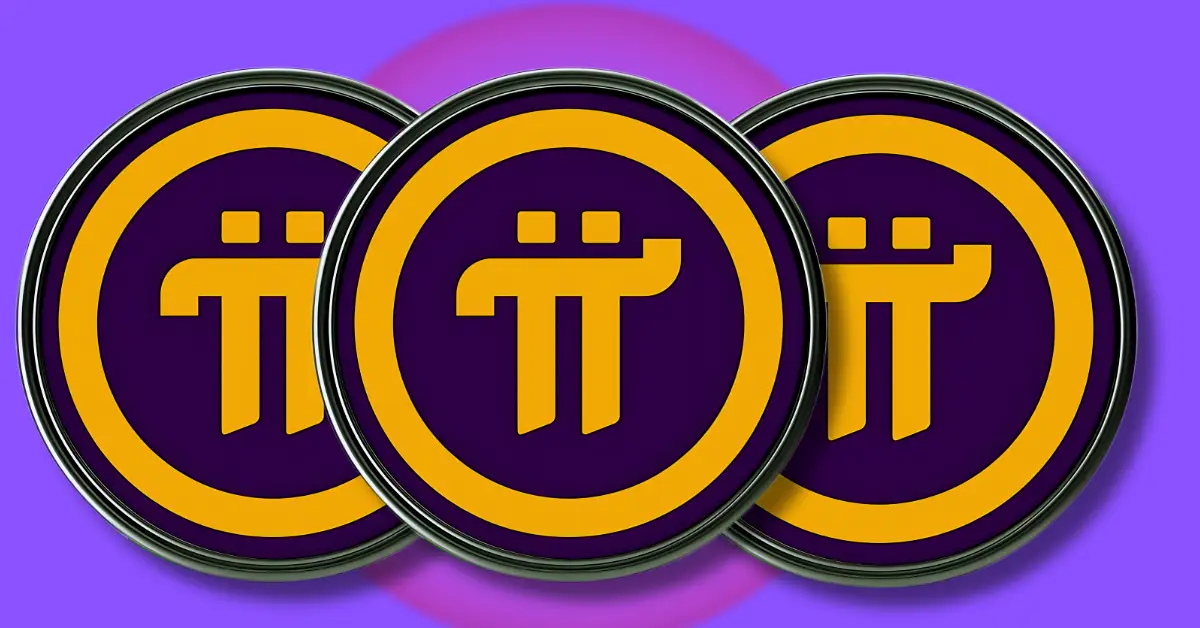Karma and its Significance in the Shadowhunter Ecosystem
During a recent podcast interview, Shadowhunter, the innovative mind behind the Shiba Inu project, shed light on an essential aspect of their ecosystem: karma. This concept is not merely a term borrowed from Eastern philosophies but a crucial element that will shape the project’s decentralized autonomous organization (DAO).
Understanding Karma in the Shadowhunter Ecosystem
Karma in the Shadowhunter context refers to a reputation or score system that will influence the power and decision-making abilities within the DAO. By engaging in various activities within the ecosystem, users will earn or lose karma points. These points will then determine their influence and potential rewards.
The Importance of Karma in the Shadowhunter DAO
Shadowhunter emphasized that the karma system will play a pivotal role in the DAO’s decision-making process. Users with a high karma score will have more voting power and will be able to propose and vote on important proposals that can impact the entire ecosystem. This merit-based system ensures that the most active, engaged, and valuable members of the community have a greater say in the project’s future.
How will Karma Affect Individual Users?
- Increased Influence: Users with a high karma score will have more weight in the decision-making process, allowing them to shape the direction of the project.
- Greater Rewards: The more active and valuable a user is within the ecosystem, the more karma points they will earn. These points can translate into various rewards, such as exclusive access to features or airdrops.
- Encourages Community Engagement: The karma system incentivizes users to participate in the ecosystem, whether that be through staking, trading, or contributing to discussions. This not only benefits the individual but also strengthens the overall community.
How will Karma Impact the World at Large?
Beyond the Shadowhunter ecosystem, the implementation of a karma-based system could have far-reaching implications for other decentralized projects and even traditional organizations. Here are some potential effects:
- Encourages Active Participation: By rewarding users for their contributions, projects can foster a more engaged community. This not only leads to a more vibrant ecosystem but also creates a stronger sense of ownership and investment.
- Promotes Trust and Transparency: A merit-based system can help build trust within a community. Users can verify each other’s reputations, making it easier to identify and weed out bad actors.
- Decentralizes Decision-Making: By giving users a stake in the decision-making process, projects can become more democratic and responsive to their communities.
Conclusion
Karma is more than just an Eastern concept; it’s a powerful tool that can help shape the future of decentralized projects like Shadowhunter. By incentivizing active participation, promoting trust, and decentralizing decision-making, the implementation of a karma-based system can lead to more engaged, vibrant, and responsive communities. As we move towards a more decentralized future, the role of reputation and merit-based systems will only become more crucial. Stay tuned for more updates on this exciting development and the impact it will have on the world of decentralized finance and beyond.
#Shadowhunter #Karma #DecentralizedFinance #DAO





